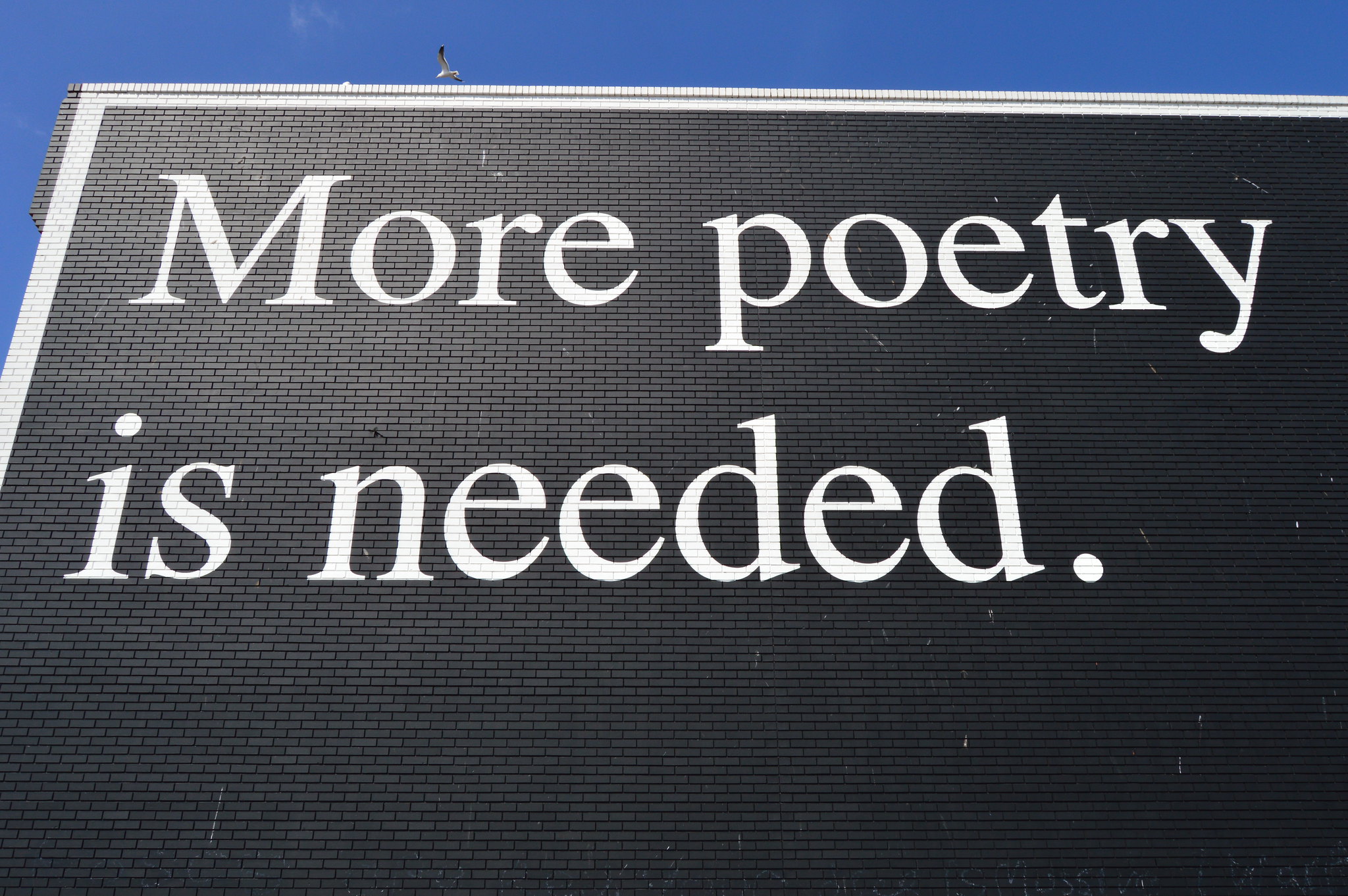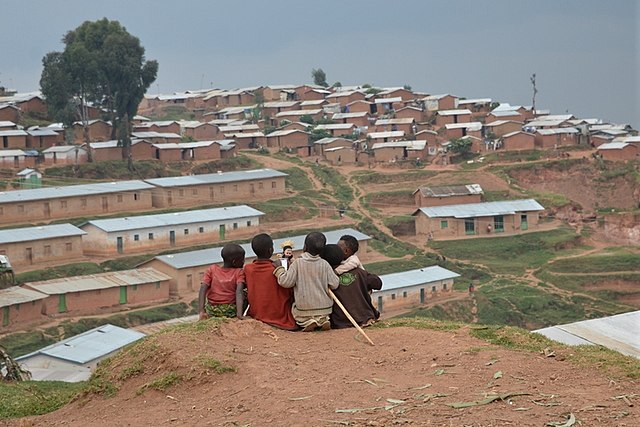Books & Culture
Please Stop Comparing Things to “1984”
I taught high school English, and trust me, Orwell's book is no longer doing the job it was written to do

George Orwell’s 1984 is one of those ubiquitous books that you know about just from existing in the world. It’s been referenced in everything from Apple commercials to Bowie albums, and is used across the political spectrum as shorthand for the silencing of free speech and rise of oppression. And no one seems to love referencing the text, published by George Orwell in 1949, more than the conservative far-right in America—which would be ironic if they’d actually read it or understood how close their own beliefs hew to the totalitarianism Orwell warned of.
Following last week’s insurrection at the Capitol, Josh Hawley said it was “Orwellian” for Simon & Schuster to rescind his book deal after he stoked sedition by leading a charge against the election results. Donald Trump, Jr. (who I absolutely promise has not read a book let alone that one), claimed after his father was kicked off Twitter that “We are living in Orwell’s 1984,” then threw in a reference to Chairman Mao for good measure. Far-right voices all over Twitter lamented the “Orwellian” purge of their followers after accounts linked to the violent attack were banned from the platform. It’s enough to make an English teacher’s head spin.
Although we often urge our students to resist easy moralizing, the overt didacticism of 1984 has long been part of its pedagogical appeal.
I understand why Orwell’s dystopian novel is so appealing to people who want to decry authoritarianism without actually understanding what it is. It’s the same reason I relied on the text for years in my own classroom. Although we often urge our students to resist easy moralizing, the overt didacticism of 1984 has long been part of its pedagogical appeal. The good guys are good (even if they do take the last piece of chocolate from their starving sister or consider pushing their wife off a cliff that one time). The bad guys are bad. The story is linear and easy to follow; the characters are singularly-minded and voice their views in straightforward, snappy dialogue; the symbols are obvious, the kind of thing it’s easy to make a chart about or include on a short answer section of a test. (20 Points: What does the paperweight represent to Winston, and what does it mean when, after it is shattered, he thinks, “How small…how small it always was!”) Such simplicity can be helpful when presenting complicated ideas to young people who are still developing analytical and critical thinking skills. And so, like so many other teachers, I clung to Orwell’s cautionary tale for a long time as a pedagogical tool despite its literary shortcomings.
But when Trump began his rise to political power, I started to notice the dangerous inoculating quality that the text had in my own classroom. Because the dystopia of 1984 was such a simplified, exaggerated caricature, it functioned for my students not as a cautionary tale, but as a comforting kind of proof that we could never get “that bad.” I didn’t take the step to remove the text from my curriculum, but more than in previous years, I began to feel the need to charge the students to consider how things like “doublethink” and Newspeak related to our own political moment. But beyond the intellectual pleasure of the exercise itself (they were more than ready to offer examples of these methodologies across the political spectrum), most students could not bring themselves to consider that the United States could actually sink into the kind of totalitarian control that Oceania experienced. They cited our “freedoms”—speech, press, etc.—as mitigating factors. They trusted norms, even as those norms were being continually tested and broken in real time, the goalposts moving ever closer to political collapse.
It functioned for my students not as a cautionary tale, but as a comforting kind of proof that we could never get ‘that bad.’
High school students aren’t always known for being thorough readers, to be sure, but even reading 1984 cover-to-cover doesn’t seem to have prepared Americans for the moment in which we find ourselves. If anything, it’s allowed us to scapegoat other people (the Nazis, Stalin, Big Brother—who is, to be clear, not a real person) other places, other times. A reading of 1984 in an American classroom has almost always brought with it comparisons between our system of government and the “evil” regimes against which we’ve historically placed ourselves in relief; we read it as being about those people, not about us. I’ve watched students who align with right-wing ideologies see the text as a clean-cut repudiation of communism without any sense of self-reflection regarding America’s own tyrannical past or present, and it’s hard to argue against their reading when a large part of Orwell’s critique was directed at Stalinism, one of the great totalitarian regimes of his age.
Because white Americans of all political stripes so instinctively view themselves as living at the epicenter of history, they usually have trouble internalizing the historical context of the book. It’s a misreading Orwell couldn’t possibly have foreseen, of course. But because he set the story in in his own near future, he inadvertently also set it in a very specific political era for America. The year 1984 was, for us, the height of the Cold War, that easy shorthand for cultural oppression, with Russia and China serving as such nearly-unchallengeable scapegoats (hence Jr.’s reference to Mao in his tweet). It’s unfortunate that Orwell’s text gained a second life in this context, but worse, it makes it even harder for us to draw parallels from the text to our own political reality. Orwell wanted us to see the tyranny that rises from within. Instead, his parable only serves to steel our minds against facing the cognitive dissonance of our own capacity for authoritarianism. Doublethink, indeed.
The population of students to whom I was teaching the text were Jewish, predominantly white, mostly sheltered from the worst of America’s evils. If anything, their Jewishness allowed them, perhaps somewhat reasonably, to much more easily view the world of 1984 as a Nazi-adjacent dystopia: something perpetrated upon us, the good guys, rather than a horror of which we ourselves are capable. There is much talk in present-day literature pedagogy about stories being both a “window” and a “mirror.” For most of us, especially when we are young and understandably see our own experience as primary, the mirror comes first. To see the window takes work; some never discover it.
1984 lets them off the hook. It’s a text that allows them to frame themselves as the victim of their own unacknowledged atrocities.
“This is just like 1984!” the right-wing mob cries as it changes the very meaning of words to suit its nefarious aims. “So Orwellian!” its leaders cry as they demand unthinking fealty to an unhinged, unquestioned leader. For those insistent on ignoring the real and present danger that America poses for Black people, immigrants, Native people, the LGBTQ community, and so many other dispossessed people within our own borders, 1984 lets them off the hook. It’s a text that allows them to frame themselves as the victim of their own unacknowledged atrocities. Winston Smith, with his varicose ulcer and thinning hair, seems like an unlikely hero, which is part of Orwell’s rhetorical point. But in the hands of a 21st-century American reader (and I use the term “reader” extremely loosely), Winston is the likeliest victim in the world: a middle-aged, middling white male cog in the machine who just can’t catch a break. What white supremacist insurrectionist wouldn’t see himself in Orwell’s hapless hero of the rebellion?
Perhaps if they’d read to the end and actually seen Winston captured, brainwashed, embracing the figurehead of a totalitarian regime, they might have seen themselves in the text in a way that would have opened their eyes to their own folly. It’s hard to say. Poisonous ideas, like viruses, travel quickly and are not easily eradicated. But even those of us who do not find ourselves in this seditious camp can reflect on our own failures, both in our understanding of America’s legacy and our own participation in its most violent acts. We can seek out texts that are true windows and allow them to move us, to change us, to make us reconsider our place in the world and our role in the march toward justice. We can smash our own paperweight, the one we’ve filled with the myths we’ve told ourselves about America’s greatness, its rightness, its inability to fall prey to humanity’s worst inclinations, and expose those myths as false and insufficient for the task ahead. “How small,” we’ll say as we see their shattered remains strewn about the floor, “how small they always were.”








